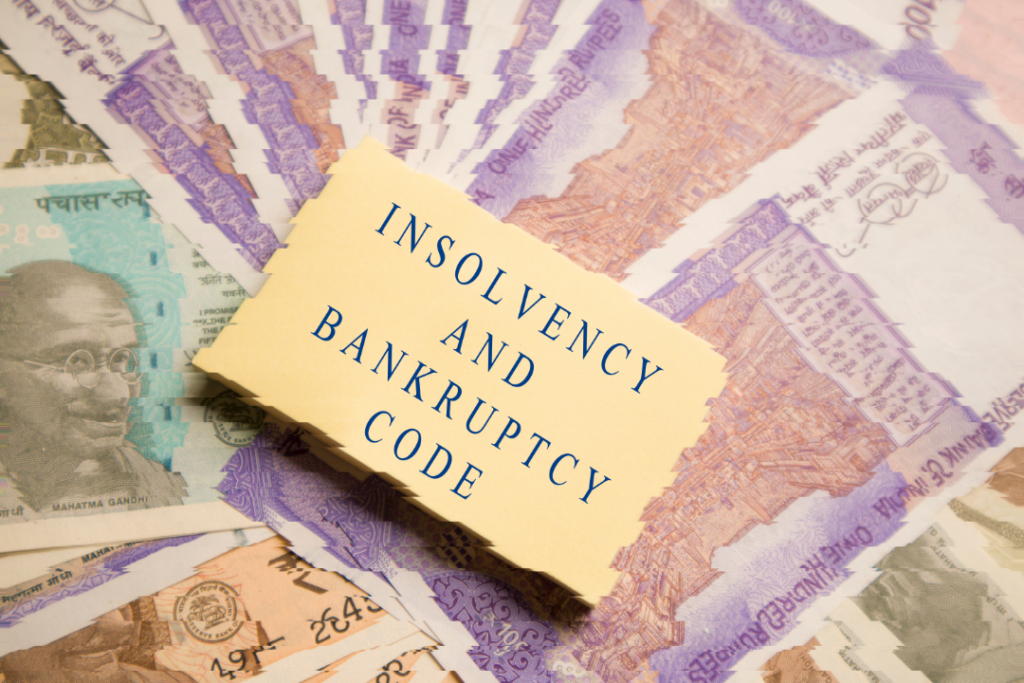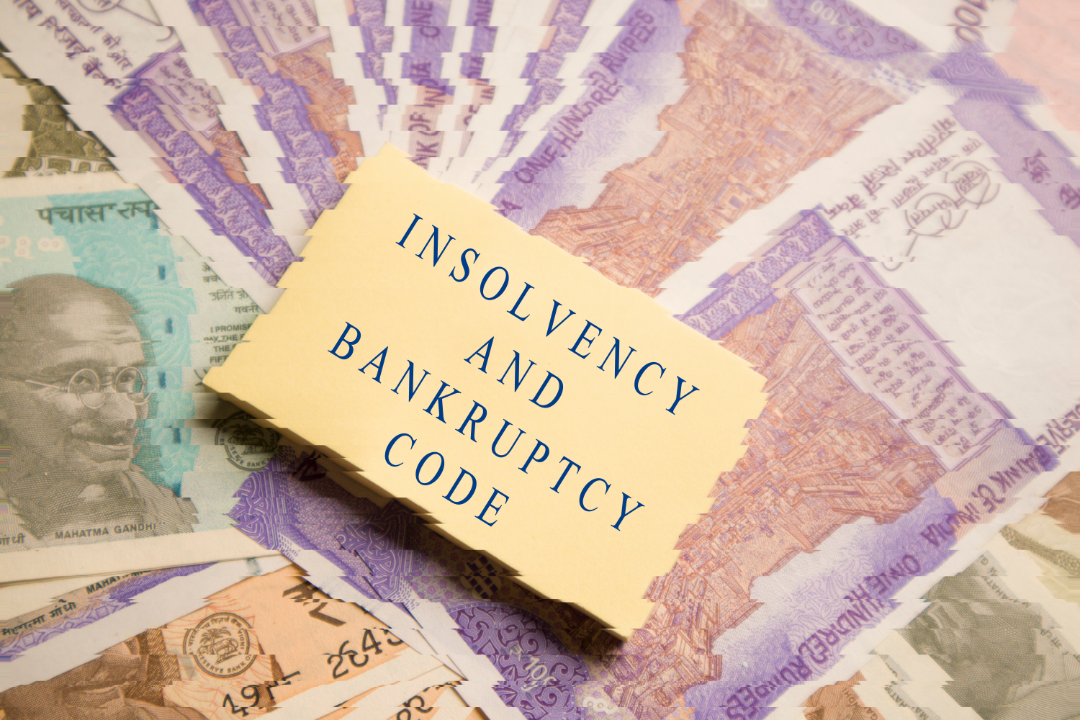Insolvency Lawyers specializing in insolvency cases at Chamberlains explain in this article the full meaning of Insolvency, and what voluntary insolvency is all about. Insolvency is a phrase that is used which describes a company’s financial situation when it is unable to pay its debts.
In Australia, insolvency is taken very seriously, and directors of insolvent companies face severe consequences if they enable the firm to continue accruing debt.
When a company’s directors recognize that it is financially unable to continue operations, it may voluntarily file for administration. What this normally indicates is one of three things: liquidation, voluntary administration, or receivership.
Liquidation: Insolvency Lawyers Explanation
Appointing a registered liquidator, who is an independent, qualified individual who takes control and oversees the orderly winding up of the company so that creditors can be paid from the proceeds of asset sales, if possible, is one option for businesses that have become insolvency lawyers Canberra and wish to cease operations. Directors lose all authority over the firm and its assets once a liquidator has been appointed.
If you want to start the liquidation process, you may do so by calling an insolvency practitioner and then having a vote of all shareholders or members invested in the firm. If insolvency is decided to be the best option, voluntary liquidation will proceed.
It’s important to remember that solvent corporations have the option of going into voluntary liquidation as well. The business’s registration is canceled as part of the liquidation procedure. By contrast, in involuntary liquidation, a court orders the corporation to be liquidated and appoints a liquidator to manage the process.
The duties of the liquidator then include but are not limited to, determining the company’s assets, conducting an investigation into the company’s financial problems, and distributing the company’s assets to creditors. Although there is no set time restriction, liquidators will often work to move things forwards as soon as they can.
Liquidation is an option for companies when their shareholders or members choose to terminate operations for whatever reason and have the deregistration procedure handled by a neutral third party (the liquidator).
In contrast, the dissolution of a corporation is not a result of selling it to pay off debts. The liquidator may opt to keep the business operational during the liquidation process so that it may be sold and the debts paid back to creditors.
At the conclusion of voluntary liquidation, all remaining members, shareholders, and creditors will convene a last meeting before the business is deregistered by ASIC. The roles of all parties in liquidation should be defined beforehand.
Directors of a corporation have a duty to help the liquidator safeguard creditors’ interests by making necessary records available and giving other assistance. You can also read about Exceptional Things You Need To Know About Insolvency Lawyers by visiting https://condolawguru.com/exceptional-things-you-need-to-know-about-insolvency-lawyers/

Voluntary administrations in corporate insolvency
Businesses that are insolvent or dangerously close to insolvency and require a break to assess their situation might turn to voluntary administration. When a corporation is placed into voluntary administration, a voluntary administrator is appointed to assume control of the firm and make decisions about its future.
After conducting an investigation and submitting a report, an administrator may propose that the business’s creditors engage in a Deed of Firm Arrangement, that the company is placed in voluntary liquidation, or that control of the company be returned to its directors.
All that has to happen for the firm to be placed into voluntary administration is for the board to reach the conclusion that the business is insolvent or at risk of insolvency and to vote in favor of appointing an administrator.
If the administrator suggests a deed of arrangement, all of the company’s creditors will have to agree on a course of action for the business to take in order to maximize their return and, ideally, prevent liquidation.
Thus, voluntary administration allows for more options to be explored in an effort to save the company and make sure its creditors are paid before the company is liquidated.
Its benefits include a moratorium period, during which creditors are typically unable to initiate most debt recovery or wind-up procedures against the firm, and the ability for boards of financially challenged enterprises to take swift action.
Receivership
Insolvency can also lead to appointing a receiver to manage the business’s assets. To put it simply, a firm enters receivership when a creditor with a lien on part or all of its assets hires a receiver.
The receiver will then collect and sell the charged assets to satisfy the creditor’s claim. A court may choose to appoint a receiver in some situations. Keep in mind that receivers might be appointed during the liquidation or voluntary management of a corporation.
The receiver must distribute the funds in the prescribed manner and report any discrepancies to the ASIC.
The receivership will conclude after they have gathered and sold enough assets to satisfy the secured creditor and complete their other responsibilities. This typically results in the company’s directors regaining control.
I need to know what course of action will best serve my company.
If your business is bankrupt or near insolvency, you should act quickly to assess your alternatives with the help of knowledgeable advisors. It is important to seek advice as soon as possible if you are considering putting your company into voluntary liquidation or administration, or if you believe your company may be placed into receivership, as there may be different ways to resume trading or achieve the best outcome for creditors and all other parties. Click here to read about the Federal Register of Legislation.
Finally
In this article, our experienced insolvency lawyers have been able to shed light on what you need to know about legal proceedings on some aspects of corporate insolvency and insolvent trading claims. We believe that with adequate knowledge about the bankruptcy act, personal insolvency agreements, restructuring insolvency, legal process, and how to get the best insolvency advice, our insolvency practitioners will make sure you are well-positioned to make good choices with your legal processes.



